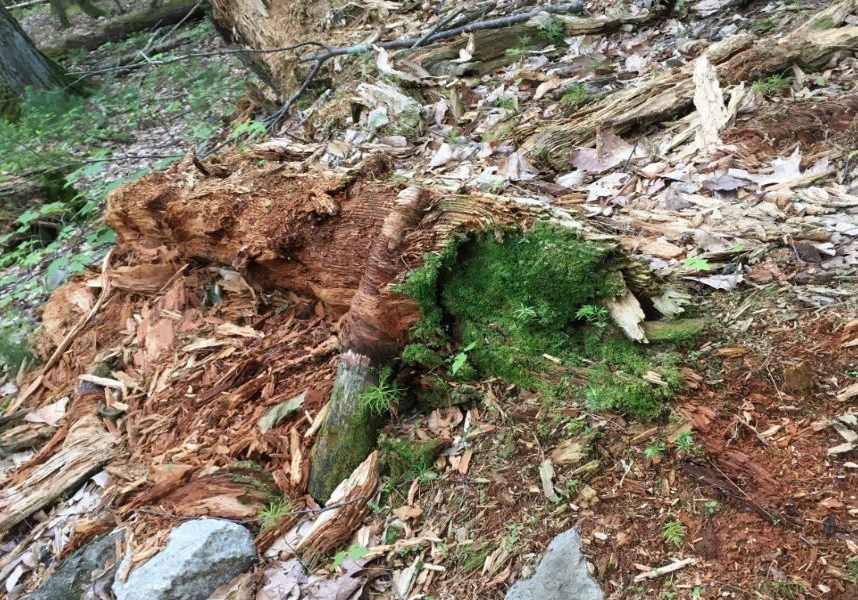August 10, 2020
Whether you get meaningful work done still depends on only you yourself

The default ways to increase productivity and creativity are through tools and techniques.
You can use reminders, set timers, download apps, install plugins, launch applications that block websites, smoke a joint before you sit down to write, and so on. It seems there are as many tools as there are people to use them.
The problem is, most of these so called solutions treat the symptom, not the problem. People seldom address their deeper issues with creativity, which are almost certainly more psychological than tactical.
Their prop may offer them a quick fix, but the individual’s real problems never subside enough for them to take full action consistently. They just put a band aid on their inattention for an hour or two.
The other thing about tools is, they often become distractions in and of themselves. Imagine how much time people spend managing those idiotic notifications, updates and notes on their apps, calendars or project management software applications.
Even if it’s only ten minutes a day, that’s an hour a week. That’s an entire week a year. Multiply that by the number of people on your team, and we’re talking about a significant labor expense, just to preserve the illusion of productivity.
I’m reminded one study from a consciousness and cognition journal that studied the association between coffee and people with creative occupations. The scientists followed participants after they consumed either a placebo or a large coffee, and their research found that caffeine had zero significant impact on creative idea generation.
Subjects reported they felt less sad and more alert, but not more creative.
They’re simply high on a legal drug. And there’s nothing wrong with that. Drugs are wonderful things. But let’s stop pretending that drinking brown water is the golden ticket to our artistic success.
Speaking of drugs, there’s also a study that recruited a group of regular cannabis samplers and divided them into groups. The researchers found that the smokers who had no marijuana were actually most creative when tested.
Any improved creativity that they believe they experienced was an illusion.
The findings suggested that cannabis with low potency doesn’t have any impact on creativity, while highly potent cannabis actually impairs divergent thinking.
Again, people should be encouraged to do all the drugs they want and enjoy themselves. But standing by for their creative output to skyrocket once the substance hits their bloodstream isn’t the answer. Even if the drug does give you a temporary boost, is that really a sustainable long term strategy for a creative practice?
There’s an old saying, a poor craftsman blames his tools.
If a creator can’t perform their job, they blame it on external factors like the quality of their equipment, rather than taking responsibility for their own failure. We have to be bigger than that. It’s time to stop giving our tools more power than they deserve.
Bottom line, if we have the wrong priorities, then we’re just going to be efficiently executing the wrong work. And that doesn’t help anybody.
But if you are willing to be more creative, then you will be. If you believe that shipping your art depends on only you, yourself, then that’s exactly what will happen.
Expectation determines experience, and experience impacts outcome.
Now if you’ll excuse me, my productivity timer just went off, and it’s time for my next cup of coffee. Let me just check my phone right quick.
Are you treating the symptom of your creative problem or the source of it?

